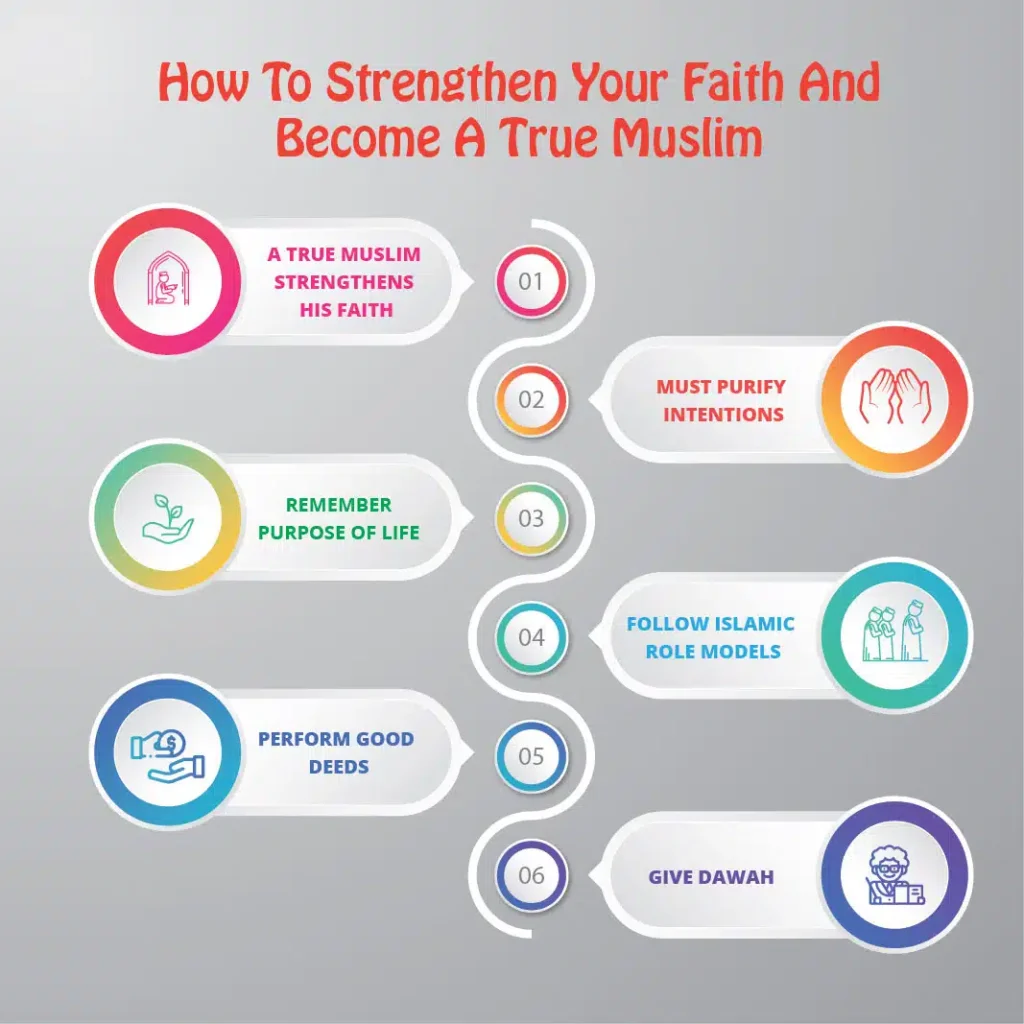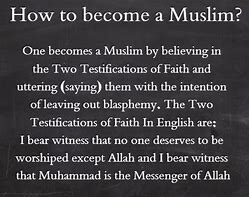Contents
How to Become Muslim: A Guide to Conversion
Introduction:
Becoming Muslim is a significant life decision that should not be taken lightly. This article aims to provide a detailed understanding of the process of conversion to Islam and its importance. By exploring the historical background, key concepts, main discussion points, case studies, current trends, challenges, controversies, future outlook, and references, individuals interested in embracing Islam can gain the necessary knowledge and insights.
Historical Background:
Islam emerged in the 7th century CE in the Arabian Peninsula. It was founded by Prophet Muhammad, who received revelations from Allah (God) through the Angel Gabriel. Islam rapidly spread across Arabia and beyond due to the efforts of its followers and the appeal of its message. Conversion played a crucial role in the expansion of Islam, as new converts embraced the faith and disseminated its teachings.
Key Concepts and Definitions:
Islam is an Arabic word that means “submission” or “surrender.” It is a monotheistic religion that believes in the oneness of God and the finality of Prophet Muhammad as the last messenger. The Shahada, or Declaration of Faith, is the fundamental belief that there is no deity worthy of worship except Allah, and Muhammad is His messenger. This declaration is the cornerstone of converting to Islam. The Five Pillars of Islam are essential practices that include the declaration of faith, prayer, charity, fasting, and pilgrimage. Tawhid, or the Oneness of God, is a central concept that emphasizes the unity of Allah and rejects any form of polytheism.
Main Discussion Points:
Understanding the Process of Embracing Islam:
Becoming Muslim requires a sincere intention and conviction. It is crucial to learn and understand the fundamentals of Islam, including its beliefs, practices, and values. Seeking guidance from knowledgeable Muslims and scholars is essential to navigate this transformative journey successfully.
Performing the Shahada (Declaration of Faith):
Reciting the Shahada in Arabic is of utmost importance while embracing Islam. It serves as a public affirmation of one’s faith and commitment to the Islamic belief system. Understanding the meaning and implications of the Shahada is crucial for new converts. Proper pronunciation and comprehension of its significance should be emphasized.
Embracing the Five Pillars of Islam:
The Five Pillars of Islam guide Muslims in their daily lives. Salah, or prayer, is a mandatory act of worship that strengthens the bond between the individual and Allah. Zakat, or charity, is the obligation to give a portion of one’s wealth to support the community. Sawm, or fasting, is observed during the month of Ramadan and promotes self-discipline and empathy. Hajj, or pilgrimage, is a once-in-a-lifetime journey to the holy city of Mecca, calling for spiritual growth and unity among Muslims.
Case Studies or Examples:
Real-life stories of individuals who have converted to Islam provide valuable insights into the reasons behind their decision and the impact it had on their lives. These stories can inspire and uplift those considering conversion, highlighting the diverse paths people embark upon in their quest for spiritual fulfillment.
Current Trends or Developments:
In recent years, there has been a growing interest in Islam among non-Muslims, resulting in an increase in conversions. Many individuals are drawn to the faith’s emphasis on peace, social justice, and spirituality. Ongoing research findings contribute to a deeper understanding of the process of becoming Muslim, shedding light on the motivations and experiences of converts.
Challenges or Controversies:
Individuals considering conversion to Islam may face various challenges or obstacles. These may include familial or societal pressures, cultural differences, or misconceptions about the religion. Additionally, controversies or differing viewpoints regarding the conversion process may exist within the Muslim community itself, requiring individuals to navigate through differing perspectives.
Future Outlook:
Conversion to Islam will likely continue to have significant implications in a global context. As the world becomes more interconnected, the Muslim community may face challenges and opportunities in terms of religious identity, coexistence, and integration. Embracing a diverse and evolving world will be essential for the growth and development of the Muslim community.
Conclusion:
Understanding the process of becoming Muslim is crucial for individuals considering conversion. By comprehending the historical background, key concepts, main discussion points, case studies, current trends, challenges, controversies, and future outlook, one can make a well-informed decision. Embracing Islam is a transformative journey that requires dedication, knowledge, and a sincere connection with Allah.


